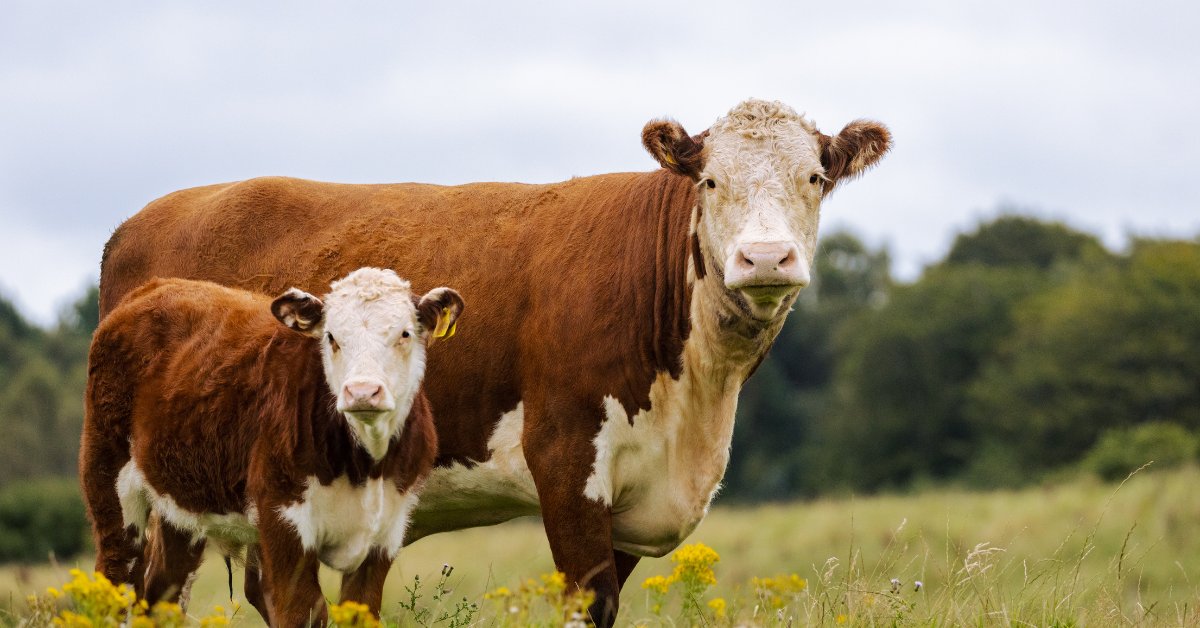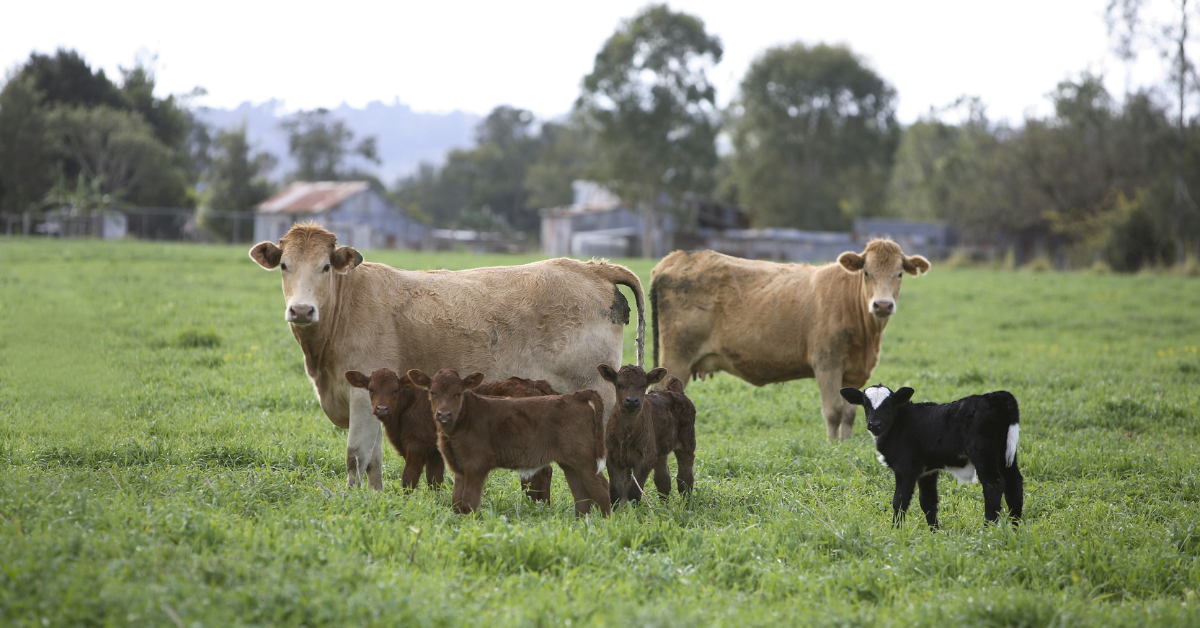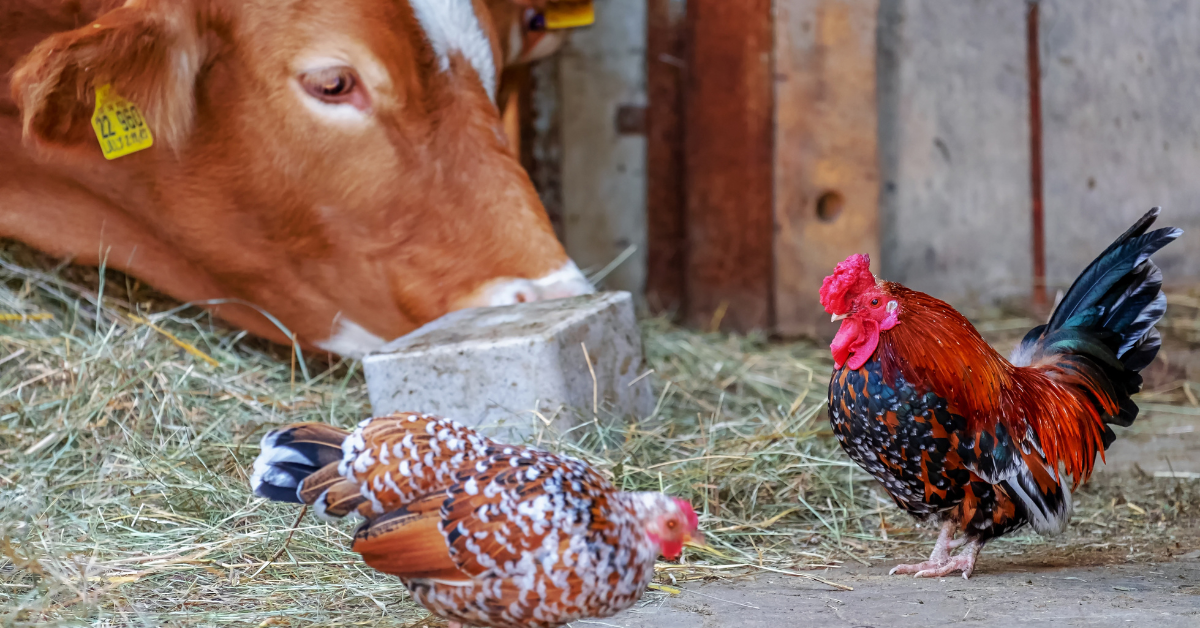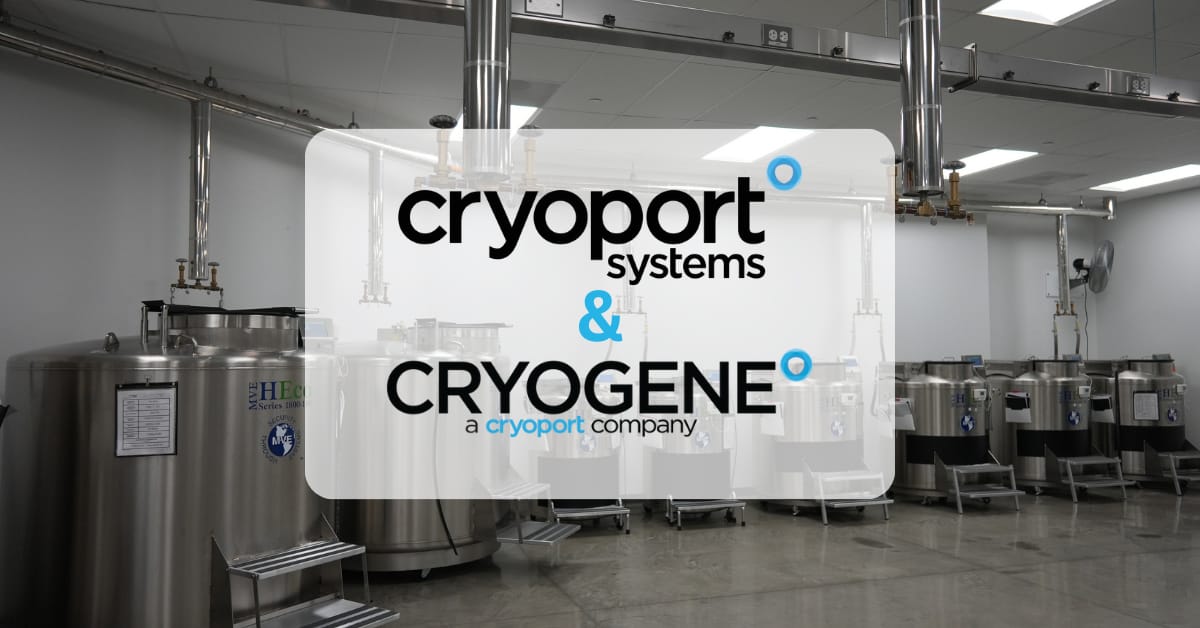
Three Factors that Affect the Success of Cattle Embryos
About one million in vitro produced (IVP) cattle embryos are transported worldwide each year to improve genetic gain rates. However, not all the accounted embryos will remain viable once they reach their destination. The preparation and transport process of cattle embryos requires strict standardization and care to achieve desired results.
Cryoport Systems’ adherence to compliance standards expands across all processes and services within our platform of supply chain solutions. Our support of the animal health industry helps breeders and professionals achieve and maintain healthy herds. Here are three factors that can affect the success of cattle embryos and how Cryoport Systems goes above and beyond to maintain compliance and promote success.
Organization Protocols within Facilities
Developing cattle embryos requires meticulous concentration and adherence to proper facility protocols. Any deviation from established procedures can jeopardize the viability of the embryos. Facilities need to have established standard operating procedures (SOPs) that state the proper way to manage processes and orchestrate protocols. Preparing the cattle embryos for transport includes additional steps that must be followed compliantly to ensure that the embryos will survive their transport journey.
All Cryoport Systems’ shippers have detailed instructions for proper equipment use. These instructions are specific to each shipper line and include directions for both loading and unloading. This includes step-by-step instructions that walk through how exactly to pack/unpack sensitive animal materials. That way, when preparing a shipment of these materials such as cattle embryos, professionals can have confidence that they’re preparing their shipment in a Cryoport Systems’ shipper in accordance with our compliance protocols.
Specific Storage Temperatures
Cattle embryos must be stored at specific temperatures. According to the Animal Science Department at Iowa State University, preimplantation embryos from cattle can be stored for both short and long periods but must be properly prepared at various temperatures beforehand. A specific step-by-step process must be performed to compliantly cool the embryo down before cryopreservation to control the cellular dehydration rate. The embryos need to be placed in a controlled rate freezer at -6°C then decreased in temperature at a rate of 0.5° until they reach -34°C. From there, the embryos can be immersed in liquid nitrogen and maintained at a constant -196°C.
Cryoport Systems’ sister company, MVE Biological Solutions, is the leading manufacturer and preferred provider of cryogenic storage and transportation equipment. They possess cryogenic storage solutions that are designed specifically for the animal health industry. Cryoport Systems’ facilities utilize MVE freezer tanks to compliantly store animal health reproductive materials at the required cryogenic temperatures. Additionally, our experienced staff are specifically trained to handle these sensitive materials, making loading material into the freezers and removing material for transport a compliant, uniform process across all our locations.
Risk-mitigating Transport Abilities
Like maintaining proper storage temperatures, it’s vital to select the proper shipper that can maintain consistency when shipping cattle embryos. Any risk to a shipment of embryos could render the materials unviable, damaging the prospect of dependable herd management.
Cryoport Systems’ intelligent logistics solutions actively mitigate risk throughout the entire transport process. Comprised of the Cryoportal® 2 logistics management platform, Smartpak II® Condition Monitoring System, and Live View® Display, Cryoport Systems monitors both the interior and exterior conditions of your shipment throughout its entire journey. Each shipment is additionally tracked by 24/7/365 customer support from our team, who can intercede if a risk does arise that may threaten the integrity of your material shipment. These intelligent solutions give animal health breeders peace of mind that their cattle embryos will be transported compliantly while maintaining the required consistent temperature.
For more information on how Cryoport Systems can help breeders and animal health professionals achieve and maintain healthy herds, connect with Cryoport Systems’ animal health expert, Tony Thomas at tthomas@cryoport.com.


